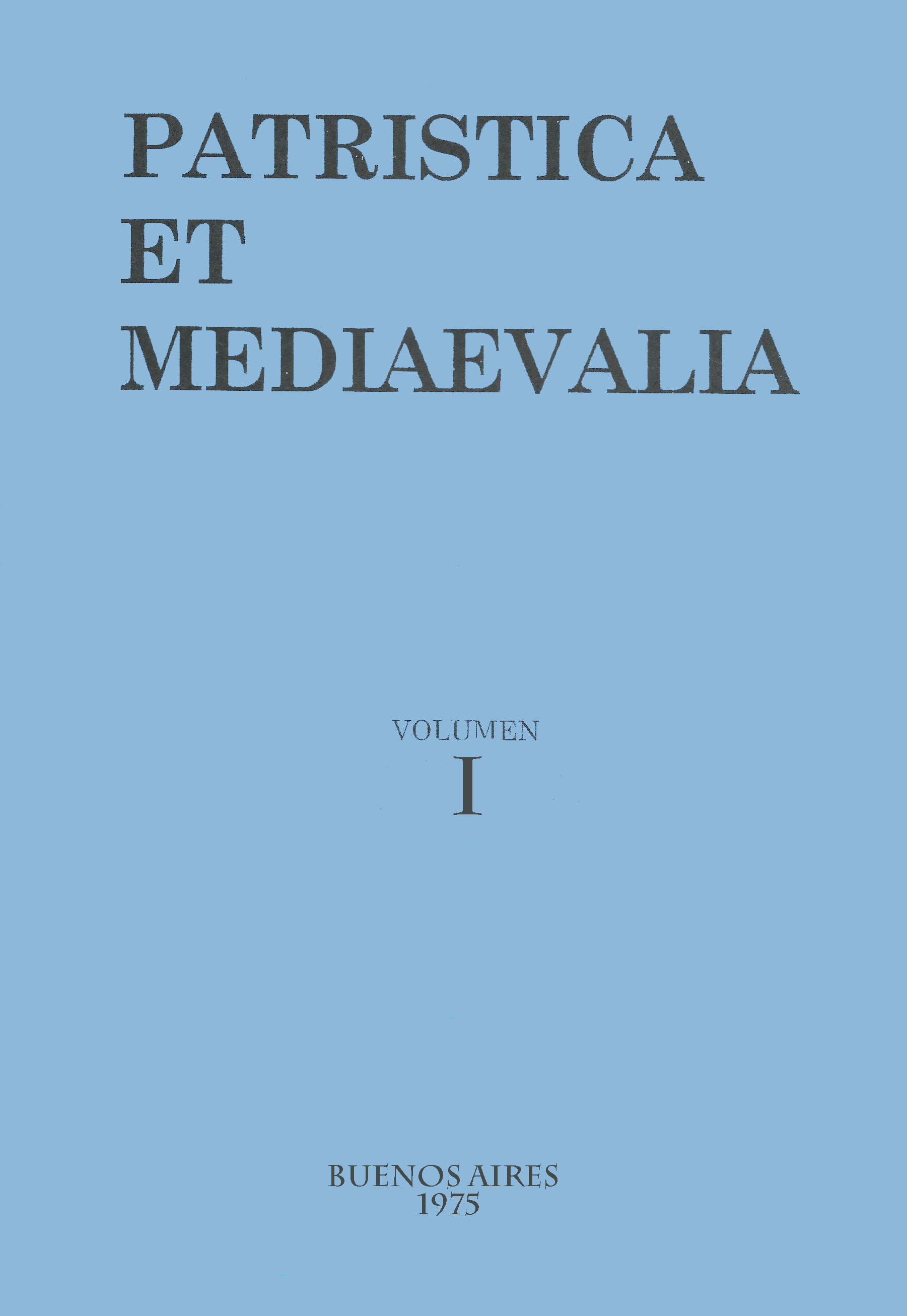Matter in Saint Augustine
Abstract
In Augustine’s exposition of the concept of matter in Book XII of the Confessions, two moments can be distinguished: one in which he conceives a matter that is absolutely formless; another one –later in the chronology of the description– where it appears as formed matter. Although Augustine affirms the existence of formless matter, the characterization that he makes of it separates him completely from the Platonic and Manichean conceptions, where matter is considered an uncreated ontological principle and co-eternal with God. For Augustine, matter is not eternal, but is a creature that has been created “ex nihilo” but, nevertheless, has a being so deficient that it cannot even be temporary, it is an "almost nothing".Downloads
1. The authors who publish in this magazine accept the following conditions:
-
They retain the copyright and grant to the magazine the right of the first publication, with the work registered under the Attribution-ShareAlike 4.0 International License that allows third parties to use what is published as long as they mention the authorship of the work and the first publication in this magazine.
-
They can make other independent and additional contractual agreements for the non-exclusive distribution of the version of the article published in this magazine (eg. include it in an institutional repository or publish it in a book) provided that they clearly indicate that the work was first published in this journal.
-
They are allowed and recommended to publish their work on the Internet (for example on institutional or personal pages).
2. AutoArchive Conditions. Authors are allowed and encouraged to distribute post-print electronic versions of their manuscripts because it promotes their circulation, a possible increase of quotation and a major reach among the Academic community. Color RoMEO: blue.













